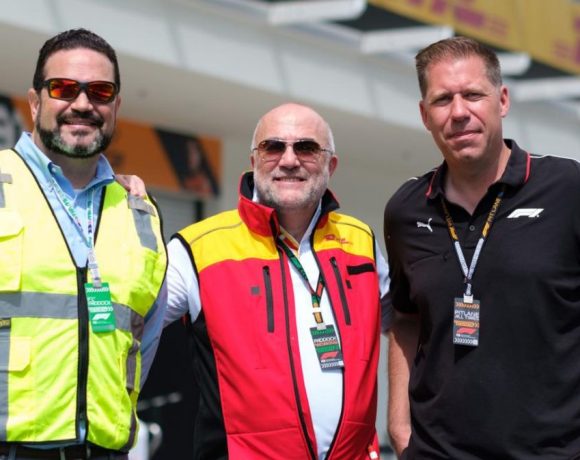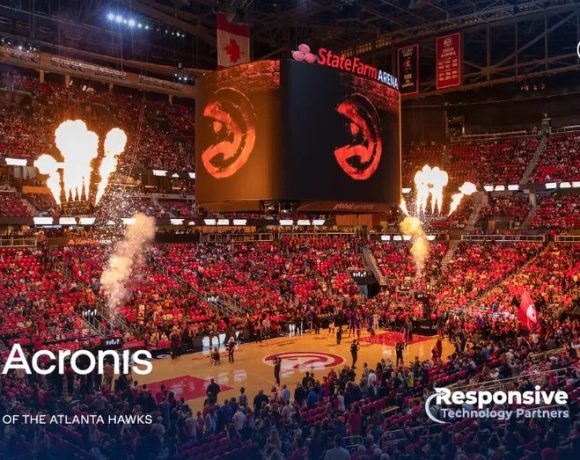Nissan’s tech-infused journey from video games to racetracks

Nissan is a pioneer in the arcade gaming scene
Nissan, a stalwart in the automotive industry, has seamlessly bridged the gap between the digital and the physical world through its enduring connection with the realm of video games.
The intricate design of Nissan vehicles mirrors the meticulous artisanry found in the creation of video games, where every detail is a culmination of decisions made by dedicated teams across the globe.
Venturing into the gaming world well before mainstream personal consoles emerged, Nissan carved its niche as a pioneer in the arcade gaming scene.
A noteworthy instance dates back to 1976 when, in collaboration with Bally Manufacturing, the company released “Datsun 280 ZZZAP,” an arcade game that revolutionised the gaming experience by integrating a gear shifter, gas pedal, and steering wheel to replicate the sensation of driving the iconic 280Z.
In 1997, the era of personal gaming revolutions, Gran Turismo debuted on the original Sony PlayStation.
Featuring various Nissan vehicles, including the Skyline GT-R, the game catalysed an enduring relationship that has grown stronger over the years, with the Gran Turismo series showcasing more Nissan models than any other manufacturer.
Nissan’s commitment to bringing the virtual and real worlds together reached a pinnacle in 2008 with the launch of GT Academy in collaboration with Sony Interactive Entertainment.
This groundbreaking initiative invited top Gran Turismo gamers to compete on real-world racetracks, marking a transition from gaming chairs to actual driver seats. Initially attracting 75,000 participants in its first year, GT Academy quickly escalated to a staggering 400,000 registrations in the second year.
The success of GT Academy went beyond the gaming realm, propelling the careers of professional drivers such as Lucas Ordóñez, Bryan Heitkotter, and Jann Mardenborough. The collaboration between Nissan and Sony Interactive Entertainment demonstrated the extraordinary outcomes possible when two disparate entities unite in a bold venture.
Taking innovation to new heights, in 2017, Jann Mardenborough raced a GT-R around Silverstone’s National Circuit using a PlayStation DualShock 4 controller, achieving speeds exceeding 130 mph. This feat underscored Nissan and Sony’s shared commitment to pushing the boundaries of technology and performance.
The Nissan-Sony partnership even caught Hollywood’s attention, resulting in the 2023 release of “Gran Turismo: Based on a True Story.”
The film, shot in Dubai, Budapest, and Germany, chronicles the origins of GT Academy and its transformative impact on gamers, featuring Jann Mardenborough as a key character in an exhilarating storyline.
In 2019, Nissan further embraced the world of esports by becoming the first automaker to partner with FaZe Clan and OpTic Gaming, major international esports teams.
In 2021, the collaboration with Bandai Namco Group resulted in developing in-car sounds for new Nissan models, including the 2021 Rogue and Pathfinder, enhancing the vehicles’ personality and character.
As the most accomplished video game developers continually innovate, Nissan remains at the forefront of technological advancements to deliver cutting-edge customer experiences.
Collaborations with video game companies elevate the thrill of driving a Nissan for gamers worldwide and showcase Nissan’s commitment to innovation and the seamless integration of technology into the automotive experience.
Featured image: The Nissan-Sony partnership even caught Hollywood’s attention, resulting in the 2023 release of “Gran Turismo: Based on a True Story.” Image: Nissan












